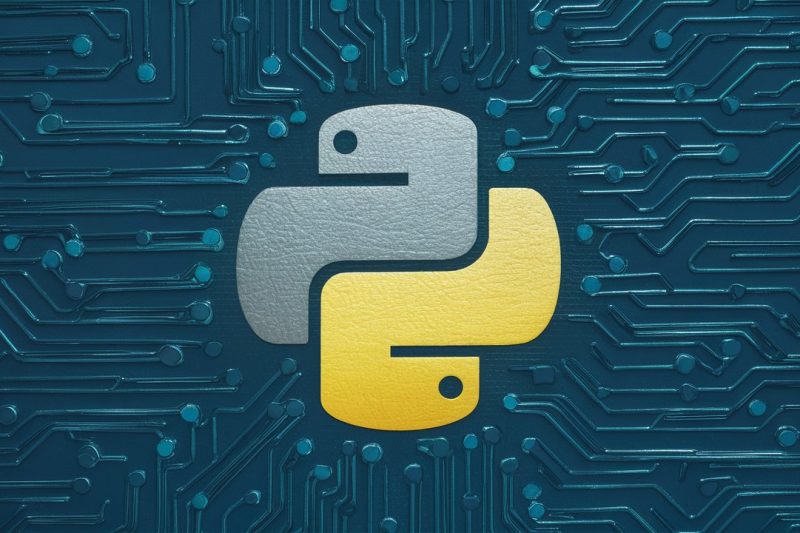PYTHON
Key Features of Python
Readability and Simplicity:
Python’s syntax is clean and straight forward, resembling natural language, which makes it easy to read and write. This simplicity reduces the learning curve for beginners and increases productivity for experienced developers.
Interpreted Language:
Python is an interpreted language, meaning that code is executed line-by-line, which makes debugging easier and accelerates the development process. There’s no need for compilation, which speeds up the coding and testing phases.
Dynamic Typing:
Python uses dynamic typing, which means variable types are determined at runtime. This flexibility allows for more rapid development and fewer constraints compared to statically typed languages.
Extensive Standard Library:
Python comes with a vast standard library that includes modules for handling various programming tasks such as file I/O, system calls, web development, and more. This extensive library reduces the need for external dependencies and simplifies many common programming tasks.
Object-Oriented and Functional Programming:
Python supports multiple programming paradigms, including object-oriented, procedural, and functional programming. This versatility allows developers to choose the best approach for their specific project requirements.

Python is a high-level, interpreted programming language known for its readability, simplicity, and versatility. Created by Guido van Rossum and first released in 1991, Python has grown to become one of the most popular programming languages in the world. Its clear syntax and extensive libraries make it suitable for a wide range of applications, from web development to data science, artificial intelligence, and beyond.
Applications of Python
Web Development:
Frameworks like Django, Flask, and Pyramid make Python a popular choice for web development. These frameworks simplify the creation of robust, scalable web applications.
Data Science and Machine Learning:
Python is a dominant language in data science and machine learning, thanks to powerful libraries like NumPy, pandas, SciPy, scikit-learn, TensorFlow, and PyTorch. These libraries provide tools for data manipulation, statistical analysis, and building complex machine learning models.
Automation and Scripting:
Python’s simplicity makes it an excellent choice for scripting and automation tasks. Whether it’s automating repetitive tasks, managing servers, or scraping websites, Python can handle a wide range of automation needs.
Artificial Intelligence:
Python’s capabilities in AI are enhanced by libraries such as Keras, TensorFlow, and OpenAI’s Gym, which facilitate the development of neural networks, natural language processing (NLP), and reinforcement learning models.
Scientific Computing:
Scientific and academic communities frequently use Python for research due to its robust libraries (like Matplotlib for plotting and SymPy for symbolic mathematics) and its ease of use.
Game Development:
Libraries like Pygame provide tools for game development, making Python a viable option for creating 2D games and prototypes.
Advantages of Python
Ease of Learning and Use:
Python’s clear and concise syntax allows beginners to learn programming concepts quickly and efficiently. Experienced developers appreciate its readability and maintainability.
Flexibility and Versatility:
Python’s support for multiple programming paradigms and its extensive standard library make it adaptable to a wide variety of projects.
Strong Community Support:
Python’s large user base ensures a wealth of resources, including extensive documentation, tutorials, and community forums. This support network helps developers troubleshoot issues and learn new skills.
Cross-Platform Compatibility:
Python runs on various operating systems, including Windows, macOS, and Linux, ensuring that Python applications can be developed and deployed across different platforms.
Conclusion
Python’s readability, extensive libraries, and versatility make it a powerful tool for a broad spectrum of applications, from web development to data science and artificial intelligence. Its ease of use and strong community support make it an excellent choice for both beginners and experienced developers. As technology continues to evolve, Python’s role in software development is likely to expand even further, cementing its place as a fundamental tool in the programming world.
